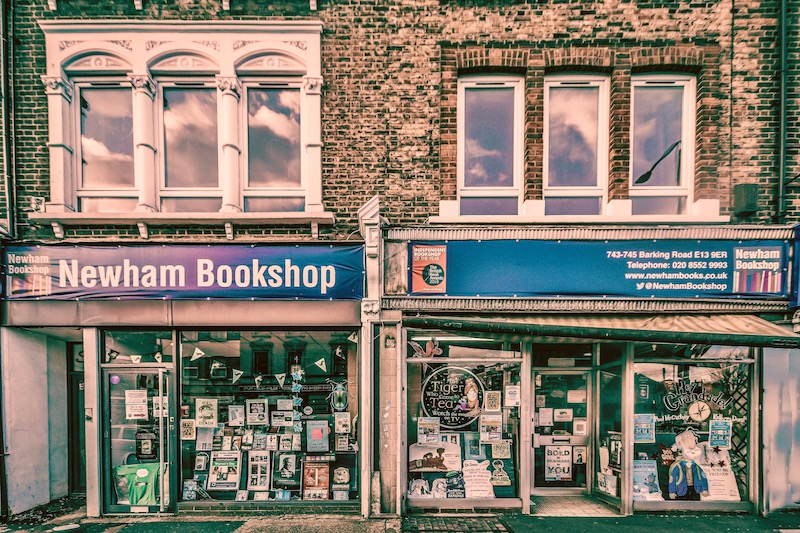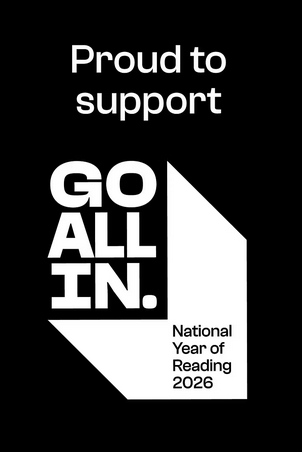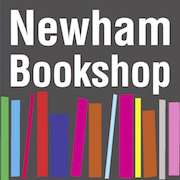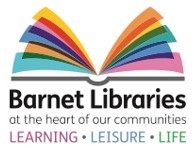Cautious optimism about independent publishing and bookselling was the theme of a discussion between independent booksellers and publishers at Wanstead Library in March, as part of the Redbridge Books and Media Festival 2006. The discussion was chaired by Newham Bookshop’s children’s book specialist John Newman.
John Calder, who has been a publisher since 1949 and a bookseller for the last five years at the Calder Bookshop, has championed authors who were often shunned because of their views, and fought the tendency to censor books that expressed important ideas. He accepted that the best times for his business were the 1960s, but the company continues to be modestly successful. Serious readers still wish to buy his books, including poetry books, and books by authors such as William Burroughs, Henry Miller and Samuel Beckett, and so the company remains viable.
Will Atkinson, sales director of Faber & Faber Ltd, explained how his company continued to respond to the challenges posed by the developments in publishing and bookselling. The Net Book Agreement, which maintained prices and prevented discounting, was scrapped ten years ago, but the impact of this change only became significant in the last year or two.
Independent publishers can publish work by new authors without a track record, or books which are difficult to fit into an established category. An example of this was Eats, Shoots and Leaves by Lynne Truss, which was the surprise success of 2003. Will Atkinson explained that the underlying costs of publishing had fallen, as a result of developments in technology, and this was making it easier for new publishers to enter the market, and had also made self-publishing more possible than in previous years. Many authors started by publishing their own books, and then joined established firms who published their subsequent titles.
Will Atkinson explained how Faber had got together with a number of other small independent publishers to provide a one-stop shop for the buyers from the major chains and the supermarkets. This enables the individual publishers to continue to make their own decisions about what to publish, but allows them to have a single conversation with the buyers and get better deals as a group than they would as individual firms.
On the bookselling side, John Cairney, who manages John Calder’s bookshop in Waterloo, described his experiences of bookselling over 20 years. He considers that independent booksellers will continue to exist because they provide the personal service that the chains are not able or willing to do. They make recommendations to customers, using the computer for research, but being keen to come out from behind the counter
and point out books on the shelves. They also take orders and can get most books within a day or two. They tend to stock a wider range of titles in their specialist areas although they are not able to hold large stocks of any particular title, and so customers are more likely to find something to attract their interest.
The Calder Bookshop reaches out to its loyal customers by holding weekly readings and talks, and these are appreciated by those attending who will also buy the featured books. Vivian Archer of Newham Bookshop stressed the need for independent bookshops to work in their local communities to provide the range of specialist titles that will appeal to them. In the case of Newham Bookshop, this means that we do many events which appeal to our diverse community and include discussions of books about the East End and its communities, including novels and non-fiction. Our customers are keen on books about football and footballers, because of the shop’s proximity to West Ham’s Upton Park ground.
Vivian Archer echoed the ability and the need for independent booksellers to provide excellent customer service, ordering books not in stock and making recommendations and providing support to customers who may not be confident about using a bookshop.
Will Atkinson made the important point that many people, who tend to buy few books, will buy in Asda or Tesco, but would be unlikely to visit a bookshop. This meant that their supermarket purchases were increasing the volume of books sold overall, without reducing the number sold in bookshops. Medium to heavy book-buyers (those people who buy eight or more books a year), which make up around 70% of the book-buying public, are tending to get fed up with the 3-for-2, pile-them-high, sell-them-cheap approach of the major chains, and are coming back to independent booksellers for the advantages they offer in terms of support and service. They are willing and often happy to pay the higher prices as they genuinely appreciate what their local bookshop offers.
Newham Bookshop has been trading in one of the poorest boroughs in the UK for 28 years, and it has never been easy to survive. In spite of the very difficult commercial environment for independent booksellers – and for their counterparts in publishing – the meeting ended with a feeling of optimism for the future.
– David Ceen
• John Calder, publisher and founder of the Calder Bookshop in Waterloo, London SE1, died on 13 August 2018, aged 91.
This article was written in March 2006.








